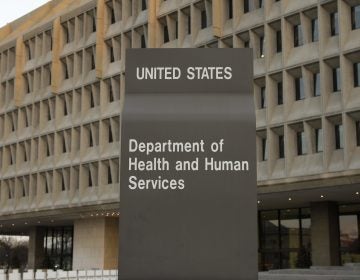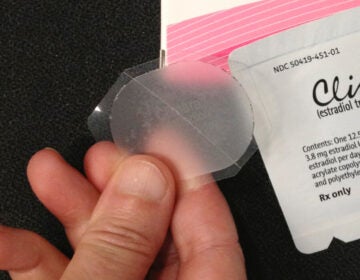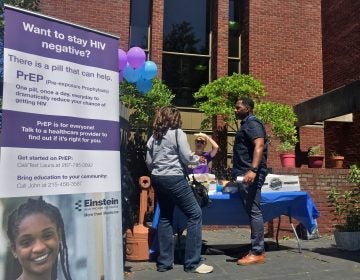N.J. pledges to end AIDS epidemic by 2025
Seven years is not much of a window, but administration and Department of Health say they can eliminate HIV/AIDS by 2025
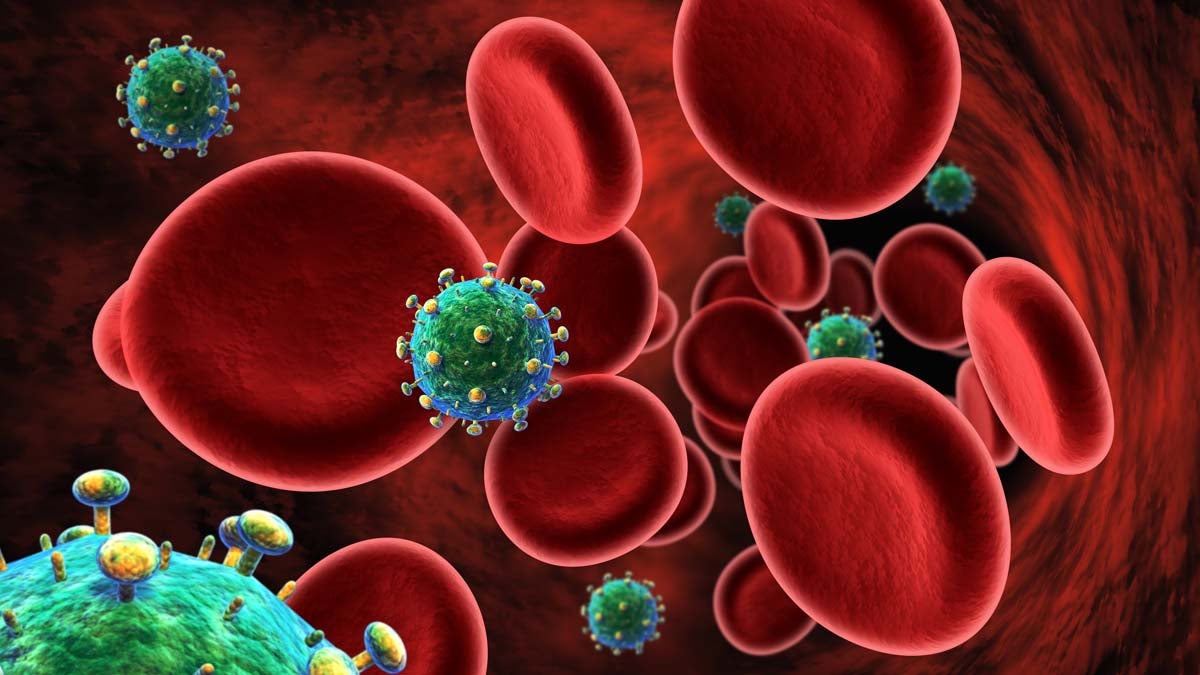 Photo via ShutterStock) " title="shutterstock_62116432" width="1" height="1"/>
Photo via ShutterStock) " title="shutterstock_62116432" width="1" height="1"/>
HIV cells infiltrate the bloodstream.(Photo via ShutterStock)
There may not be a proven cure, but thanks to demographics, powerful new treatments, and the state’s participation in a nascent global public awareness campaign, New Jersey officials believe they can eliminate HIV and AIDS in just seven years.
New Jersey is the ninth state to join the international Prevention Access Campaign, also known as Undetectable = Untransmittable, or U=U. The initiative seeks to end HIV — the virus that can lead to Acquired Immune Deficiency, or AIDS — and the stigma surrounding the once-deadly disease by educating patients and the public on how effective treatments can keep the virus from spreading.
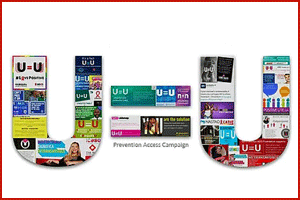
The state Department of Health announced its plans in conjunction with World AIDS Day, celebrated on December 1 for three decades. Officials pledged to work with their partners, including Rutgers University School of Public Health, to promote the campaign’s underlying message — that treatment is prevention — at local events around the state.
Free testing and treatment
The DOH also highlighted efforts to expand access to free or affordable testing and proven HIV treatments, including the highly effective new medications known as pre-exposure prophylaxis, or PrEP, which are considered critical in preventing those who are at risk from becoming infected.
“While we have made great progress in reducing the incidence of HIV, there is still so much more work to be done,” Gov. Phil Murphy said. “I am calling on all stakeholders to join the Department of Health to work strategically to end the HIV/AIDS epidemic,” he added, setting a 2025 deadline as part of the bold World AIDS Day announcement issued earlier this month.
There are now more than 37,000 New Jerseyans living with HIV — down from 38,300 in 2015; the number of new cases detected has declined 39 percent in nearly a decade, according to the DOH. Still, there were more than 1,000 new diagnoses last year — plus others who don’t know they’re infected — and the rates of new and existing cases here outpace the national average, federal data shows.
“Scientific advances in HIV care and treatment are game changers that can get us to the vision of a future in which new HIV infections are rare,” Health Commissioner Dr. Shereef Elnahal said, noting that a combination of more testing and better treatment, including access to PrEP, has reduced the number of new infections.
The U=U campaign, launched two years ago by individuals living with HIV, promotes wider use and greater understanding of how science-based treatments can help reduce the amount of the virus in a patient’s body to undetectable levels. At that point, the disease can no longer be passed on through sex. (PrEP protects individuals who are not infected but are especially vulnerable; sex involving gay or bisexual men still accounts for nearly half the new cases in New Jersey, according to the DOH.)
Partners battling HIV
The initiative has engaged hundreds of organizations nationwide and groups in 97 countries. In New Jersey its partners include Rutgers, Hyacinth AIDS Foundation, and Johnson & Johnson Pharmaceuticals, among others.
Perry Halkitis, dean of Rutgers School of Public Health, praised the state’s efforts to date and said the DOH’s decision to join the U=U campaign is a “huge step” toward ending the disease in New Jersey. “I am confident that our partnership, rooted in social justice and health equity, will end new HIV infections by 2025,” he said.
Demographics may help their cause, in some ways. According to the DOH, eight in 10 of residents living with HIV or AIDS are over age 40 — a fact that underscores the decline in new cases. But like many health issues, there is a massive racial disparity: three-quarters of all HIV/AIDS cases involve non-white residents. Two-thirds are men.
While Garden State officials have long marked World AIDS Day with public statements and participation in local events, the details and tone of the announcement reflected something of a departure from the prior administration.
This year’s press release from the DOH included a comment from Murphy himself, unlike those issued under former Gov. Chris Christie. It also linked to a bold, international campaign with diverse stakeholders, while Christie’s team preferred to feature local events or national, government-sponsored initiatives. And it went beyond discussion of ending transmission of the disease to eradicating the epidemic entirely.
In addition, the Murphy administration used the opportunity to highlight the state’s syringe-access programs, or needle exchanges, something that was not always embraced under Christie — even though he signed a law in 2016 extending some public funding to a handful of programs. By allowing intravenous drug users to swap used needles, or “dirty works,” for sterile supplies, these efforts can greatly reduce the spread of blood-borne diseases like HIV and hepatitis-C.
But under Elnahal — who has praised the benefits these programs can provide, including at an NJ Spotlight event in June — the DOH recently posted background information on the state’s clean-needle initiatives; links to seven regional programs; and a video clip featuring the syringe-access program manager for Hyacinth, a nonprofit that has promoted organized exchanges as part of its work to address HIV and AIDS. According to the DOH, as of 2017, just two percent of the new HIV infections were connected to IV drug use.
WHYY is your source for fact-based, in-depth journalism and information. As a nonprofit organization, we rely on financial support from readers like you. Please give today.


